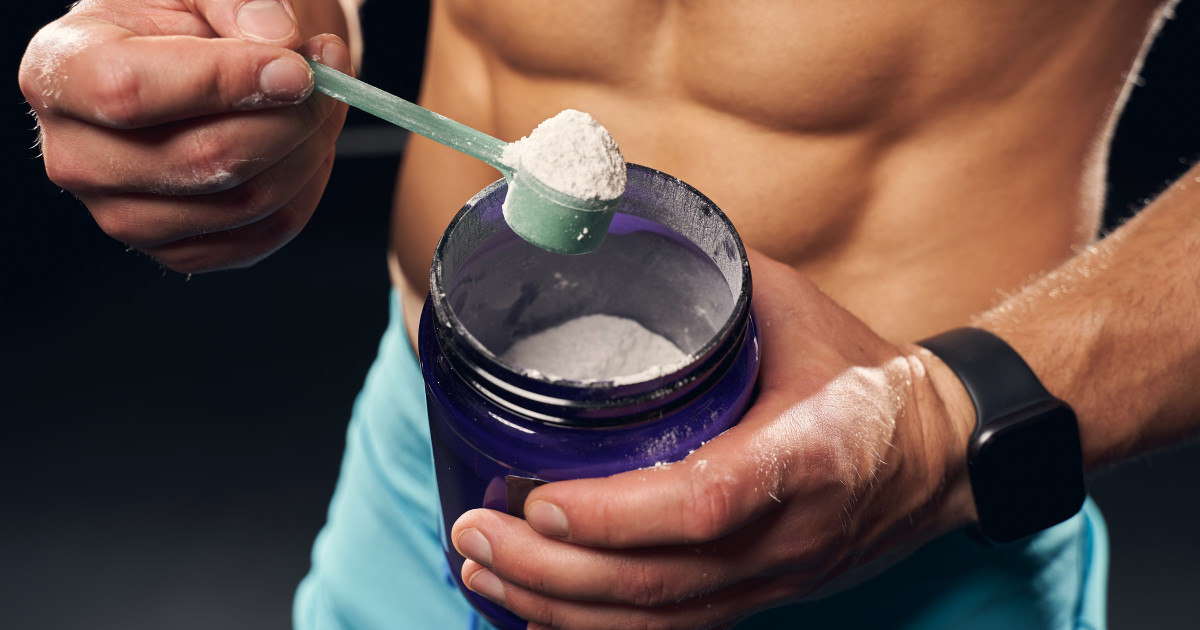Creatine has long been a gym staple, but new research shows it’s not just for bodybuilders. The supplement helps your body rapidly regenerate ATP, the quick-hit fuel that powers heavy lifts and sprints.
“Creatine supports energy production in the body, helping improve strength, power, and muscle recovery, and may even provide cognitive benefits,” sports dietitian Amy Goodson, M.S., RD, CSSD, LD, told EatingWell.
While your body makes some creatine naturally and small amounts show up in foods like meat and seafood, you’d need to eat over 2.5 pounds of red meat and salmon every day to match what a supplement delivers, Tony Castillo, M.S., RD, said in an interview with EatingWell. That’s why most experts recommend 3 to 5 grams daily to see results. Castillo added that research shows creatine can improve high-intensity exercise performance and strength gains by 10–20 percent when paired with resistance training.
Creatine Helps Build Muscle and Speed Recovery
Beyond improving performance, creatine also supports muscle growth and recovery. One meta-analysis of 35 studies found that combining creatine (3–5 grams/day) with resistance training led to 2.4 to 3.3 pounds of extra lean mass, especially in men.
“Creatine aids muscle recovery, may help replenish glycogen faster after workouts, and has shown benefits in reducing the incidence of muscle injuries,” Castillo explained to EatingWell. It may also reduce inflammation and preserve muscle during injury downtime.
Side Effects Are Rare and Usually Temporary
Despite lingering myths, creatine is widely considered safe. The main side effect is mild water retention when you first start, Goodson noted in EatingWell. Higher single doses (10+ grams) may cause bloating or cramping, so splitting doses can help.
Sports dietitian Christina Chu, M.S., RD, CSSD, reported to EatingWell that creatine may even support brain and bone health, particularly as you age. Still, she and other experts advise choosing a third-party-tested creatine monohydrate and checking with your doctor before starting any new supplement.
About the author
